Recognizing the signs of mental illness in women is crucial when addressing specific mental health issues that women face. It’s crucial to understand that the causes of these struggles affect not only women but everyone, and yet, our experiences can be uniquely different.
Mental illness, also known as mental health disorders, includes a variety of conditions that impact your mood, thoughts, and behavior. From depression and anxiety disorders to schizophrenia, eating disorders and addictive behaviors.
However, researchers have identified that although all genders suffer from mental health issues, women in particular show completely different symptoms and impacts of mental illnesses.
This guide will provide you with 8 harmful signs of mental illness in women that you need to look out for! Moreover, we will also provide you with tips to improve your mental health.
Causes Of Mental Health Issues In Women
There are several factors that can make women more likely to have mental health issues. Some of these come from how their bodies are made, and others come from how they’re treated in society.

Below are the major causes of mental health issues in women:
1. Biological Factors
Women’s brains are different from men’s, and that can affect mental health. Women often have more empathy and emotional understanding, which is good, but it can also make them more prone to depression and anxiety.
Read More: How Abortion Impacts Mental Health? 5 Self-Help Tips To Cope
2. Society’s Pressure
Life for women comes with expectations and pressures. Society puts a lot of importance on looks, and there’s this idea that women should always be warm, friendly, and nurturing. For some, trying to fit these expectations can lead to stress and mental health issues.
Read More: Is Body Positivity Good For Your ,Mental Health?
3. Gender Bias
Women often deal with unfair treatment because of their gender. Whether it’s getting paid less or facing negative comments, this bias can contribute to more mental health issues in women.
4. Abuse and Tough Experiences
Sadly, women are more likely to go through different kinds of abuse – physical, sexual, or emotional. These tough experiences can have a long-lasting impact on mental health.
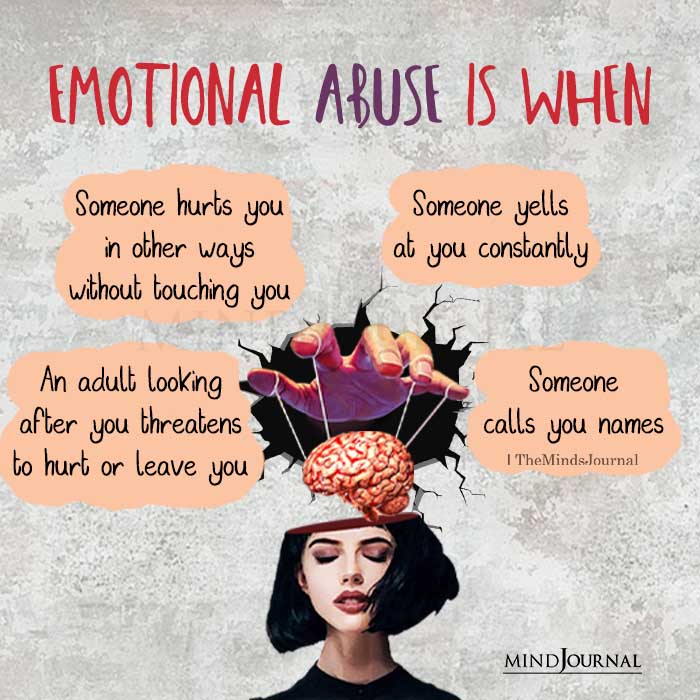
Women’s mental health is influenced by a mix of biology, societal expectations, and life experiences. If you or someone you know is going through a tough time, reaching out for support is a smart move.
Read More: What Is Childhood Trauma? 4 Signs of Lingering Childhood Hurt
Signs Of Mental Illness In Women
It’s important to note that experiencing one or more of these signs doesn’t necessarily mean someone has a mental illness. Mental health is complex, and these signs should be considered in the context of an individual’s overall well-being.
If you or someone you know is showing these signs, it’s advisable to seek professional guidance for a comprehensive assessment.
1. Persistent Sadness or Hopelessness
Women often internalize mental illnesses like depression and anxiety, turning inward. If enduring feelings of profound sadness or hopelessness lead to withdrawal, ruminating, loneliness, and emotional turning inward, it may indicate an internalizing mental illness.
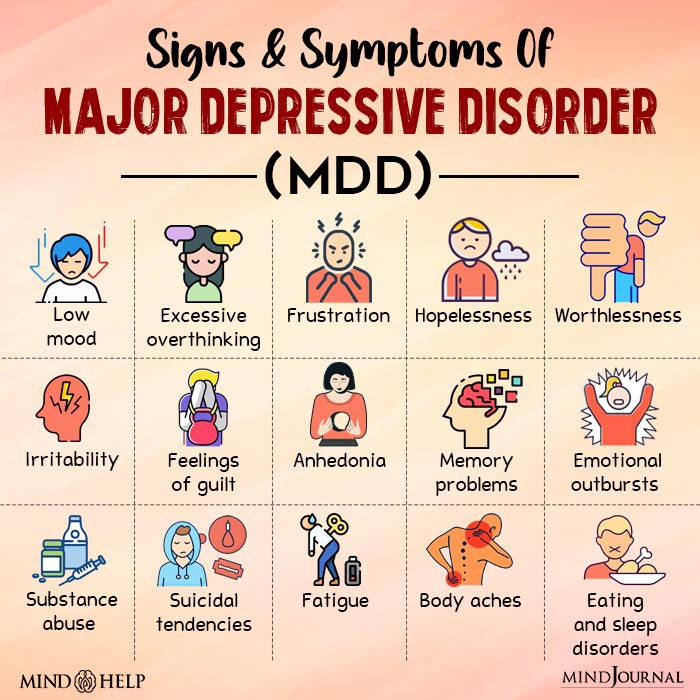
Combining this sign with other factors should prompt consideration of the possibility of a mental health concern.
Read More: Depression 101: 10 Signs And Treatment For Depression
2. Withdrawal from Activities
Women, when grappling with internalizing mental illnesses, may retreat from once-enjoyed activities and avoid social interactions. Noticing a consistent withdrawal from life, friends, and family are tell-tale signs of mental illness in women.
3. Changes in Sleep Patterns
Significant alterations in sleep patterns, a common aspect of internalizing mental illnesses, can adversely affect daily functioning.
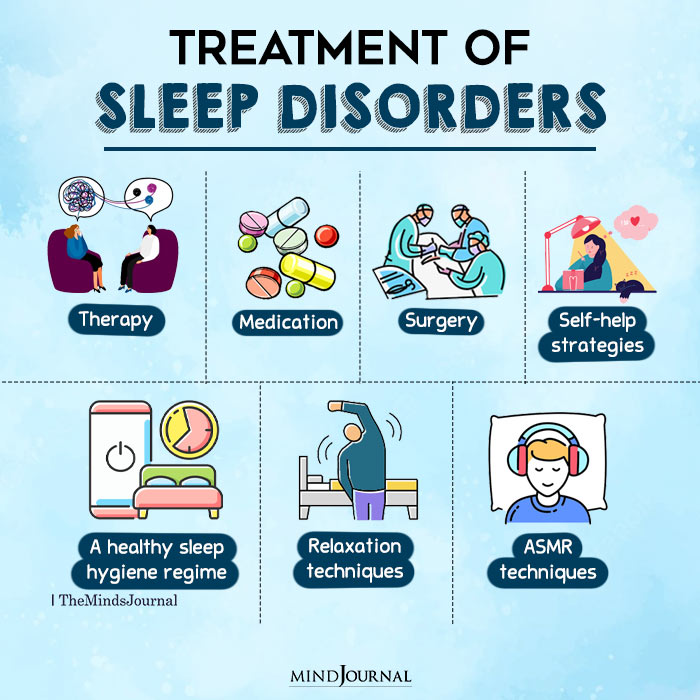
When pronounced disruptions in sleep are combined with other signs, it becomes crucial to consider the possibility of an underlying mental health condition.
Read More: Sleeplessness: 10 Signs, Causes And Tips To Sleep Better
4. Extreme Mood Swings
Women experiencing internalizing mental illnesses may undergo unexplained and intense mood swings, going beyond the usual emotional ups and downs.
Monitoring the severity and frequency of these signs of mental illness in women, particularly in combination with other factors, can offer insights into potential mental health concerns.
Read More: How To Deal With Mood Swings: Powerful 9 Steps Guide
5. Intense Anxiety or Worry
Internalizing mental illnesses often manifest as overwhelming and constant anxiety, excessive worry, or irrational fears.
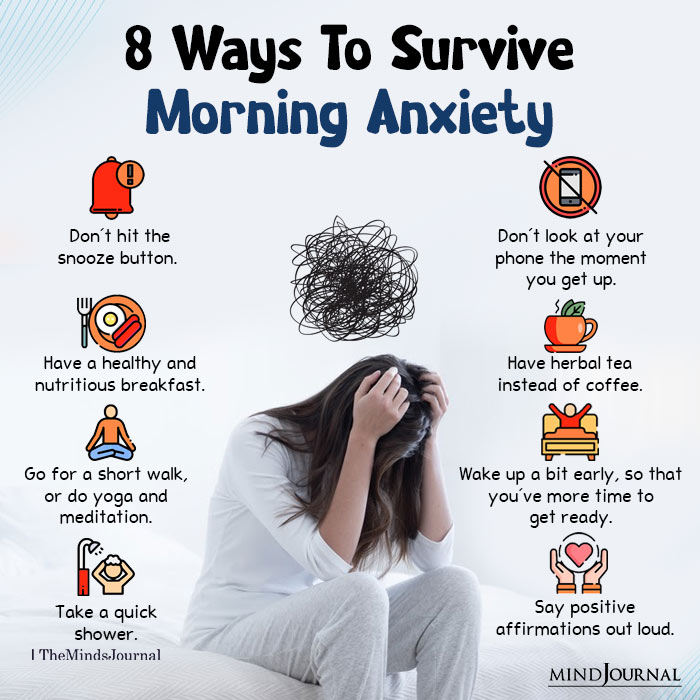
If these emotions interfere with daily life and are combined with other factors, it may indicate the presence of a mental health concern.
Read More: Children’s Mental Health – Signs of Mental Illness In Children
6. Appetite Changes
Drastic changes in eating habits, leading to significant weight loss or gain, can be red flags for internalizing mental illnesses. Monitoring shifts in appetite and their impact on overall well-being, especially when combined with other factors, is essential for early intervention.
7. Excessive Fatigue

Persistent fatigue, often associated with internalizing mental illnesses, can hinder daily functioning. Identifying the factors contributing to this fatigue, particularly when combined with other signs, is crucial for effective intervention.
Read More: 9 Foods That Fight Fatigue And Depression
8. Physical Ailments with No Clear Cause
Women, experiencing internalizing mental illnesses, may exhibit unexplained physical symptoms like headaches, stomachaches, or aches and pains. Combining these physical signs with other factors should prompt consideration of an undiagnosed mental illness, following a medical evaluation.
If you have identified these signs as something that is manifesting in you, we recommend you to look at the women’s mental health tips below.
Women’s Mental Health Tips
The signs of mental illness in women shows an internal struggle where social isolation is a major factor.
The following are some women’s mental health tips that you can implement:
1. Prioritize Self-Care
Make self-care a priority in your routine. This includes activities that bring you joy, relaxation, and rejuvenation.

Whether it’s reading a book, taking a bath, or spending time in nature, find what works best for you.
Read More: Self Care For Parents: Why Is It Important?
2. Connect with Others
Build and nurture strong social connections. Regularly spending time with friends and family can provide emotional support and a sense of belonging. Share your thoughts and feelings with someone you trust.
3. Seek Professional Support
Don’t hesitate to reach out to mental health professionals if needed.

Therapists, counselors, or support groups can offer valuable insights, coping strategies, and a safe space to discuss your concerns.
Read More: Mind Help – Online Mental Health Support
4. Stay Active
Incorporate regular physical activity into your routine. Exercise has proven benefits for mental health, reducing stress and promoting a positive mood. Find activities you enjoy, whether it’s walking, dancing, or yoga.
5. Limit Social Media Use
Be mindful of your social media consumption.

While it can connect you with others, excessive use may contribute to feelings of inadequacy. Take breaks and focus on real-life connections.
Read More: 5 Damaging Impact of Social Media on Children
6. Express Creativity
Engage in creative activities that bring you joy, whether it’s painting, writing, or playing a musical instrument. Expressing yourself creatively can be a powerful outlet for emotions.
If you notice persistent signs of distress or if you’re struggling to manage your mental health, we recommend that you seek professional help.
Importance Of Women’s Mental Health Awareness
Talking openly about how we feel is a big part of women’s mental health awareness. Women often find themselves juggling multiple roles and responsibilities, such as care giving, which can create significant stress.
Social expectations and gender-based discrimination add an extra layer of challenge to our lives. This combination of pressures can take a toll on women’s mental well-being.
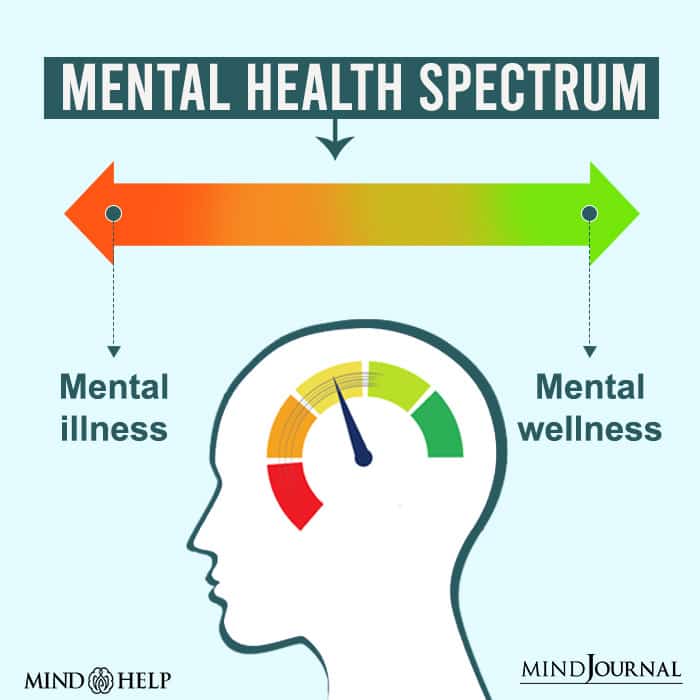
In addition to these everyday challenges, women face specific risks that make them more vulnerable to mental health issues. Factors like poverty, hunger, domestic violence, and abuse can contribute to the development of mental health problems.
Raising awareness about women’s mental health serves as a crucial step in addressing these issues. By openly discussing and understanding the signs of mental illness in women, we can break down stereotypes and eliminate stigma surrounding mental health.
Moreover, awareness campaigns play a vital role in encouraging a supportive environment. When women feel comfortable seeking help, it creates a pathway to better mental health outcomes.
The goal is not only to increase individual awareness but also to advocate for broader changes in policies and systems that better support women’s mental well-being.
Read More: Why Is Mental Health Awareness Important? 10 Tips To Promote
Risk Of Mental Health Conditions In Women
In a 2023 survey conducted by the US Government, it was reported that approximately 29 million women in the United States, have been diagnosed with a mental health-related disorder in the past year.
According to the published studies, Generalized Anxiety Disorder (GAD) affects 6.8 million people in the U.S, with risk of mental health conditions in women being twice as likely to experience it compared to men. Alarmingly, only 43% of those affected receive treatment for this disorder.
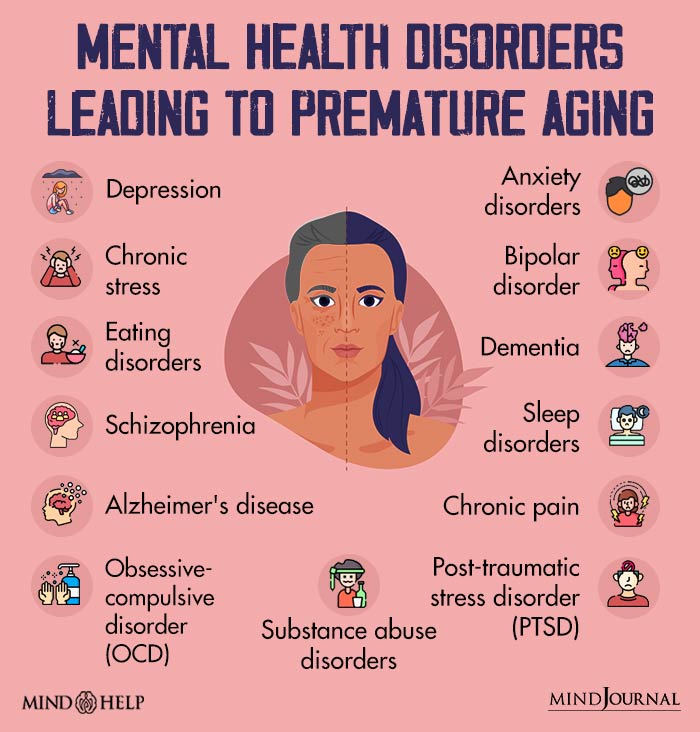
Apart from Generalized Anxiety Disorder (GAD), women face a higher-than-average impact from panic disorder (PD) and specific phobias. With 6 million U.S. adults experiencing PD and 19 million dealing with specific phobias, it’s noteworthy that both these conditions are diagnosed in women at a rate twice as high as in men.
Read More: 18 Signs And Symptoms Of Generalized Anxiety Disorder
The prevalence of serious mental illness (SMI) is another area where there is a high risk of mental health conditions in women. Figures from studies reveal that SMI affects more than 11 million adults in the U.S. each year.
However, the diagnosis rate for SMI is significantly higher in women, with 5.7% of adult women experiencing it compared to 3.3% of men.
A particularly distressing finding is the connection between exposure to violence and mental health.
Women who have experienced sexual abuse as children or violence from a partner as adults are three to four times more likely to show signs of mental illness in women, according to research.
To make things better, we need to make sure women get the help they need. This means more people knowing about mental health, reducing the shame around it, and making it easier for women to get support.
It’s important to listen to women’s experiences and create a world where everyone can improve their mental health!
Read More: Mental Health Tips for Kids: 5 Powerful Parenting Strategies To Support Your Child’s Mental Health
The Harmony Within
Finding balance in our minds is important. We’ve talked about how women face different struggles when it comes to mental health. But this isn’t just about problems; it’s about understanding and helping.
Talking about signs of mental illness in women is vital. Women often deal with a lot—care giving, societal pressures, and more. Women’s mental health awareness
helps break stereotypes and lets women know it’s okay to seek help.
The numbers show that many women are dealing with mental health issues, and that’s not okay. We need more people to understand, support, and reduce the shame around mental health.
So, let’s work together. Let’s create a world where everyone can find their own harmony within, a place where we all support each other in good times and bad.
Frequently Asked Questions (FAQs)
1. What are the causes of mental health issues in women?
Women’s mental health is influenced by biological differences, societal pressures, gender bias, and experiences of abuse. Factors like brain structure, societal expectations, and exposure to abuse contribute to mental health challenges.
2. What are the signs of mental illness in women?
Signs include persistent sadness, withdrawal from activities, sleep pattern changes, extreme mood swings, intense anxiety, appetite changes, excessive fatigue, and unexplained physical ailments, but these signs should be considered in the context of overall well-being.
3. Why is women’s mental health awareness important?
Awareness breaks stereotypes, eliminates stigma, and supports women facing societal expectations, gender-based discrimination, and specific risks. Open discussions create a supportive environment, encouraging better mental health outcomes.
4. Why is there a high risk of mental health conditions in women?
Biological differences, societal pressures, gender bias, and experiences of abuse contribute to the higher risk of mental health conditions in women, necessitating targeted strategies for mental health support.
5. What are some women’s mental health tips?
Women can prioritize mental health through self-care, strong social connections, seeking professional support, regular physical activity, mindful social media use, and engaging in creative activities, promoting overall well-being.
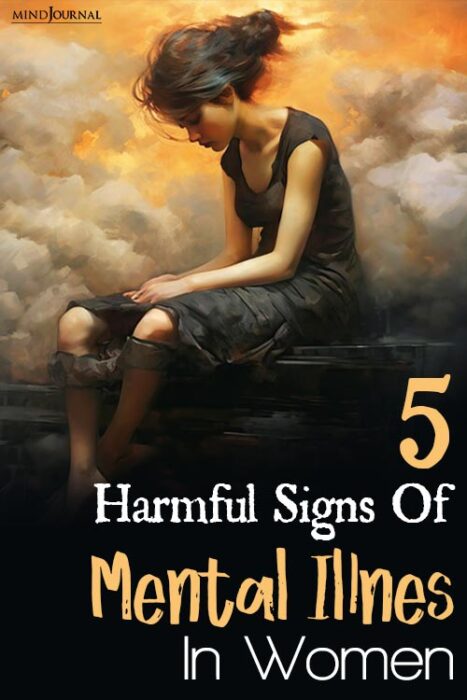
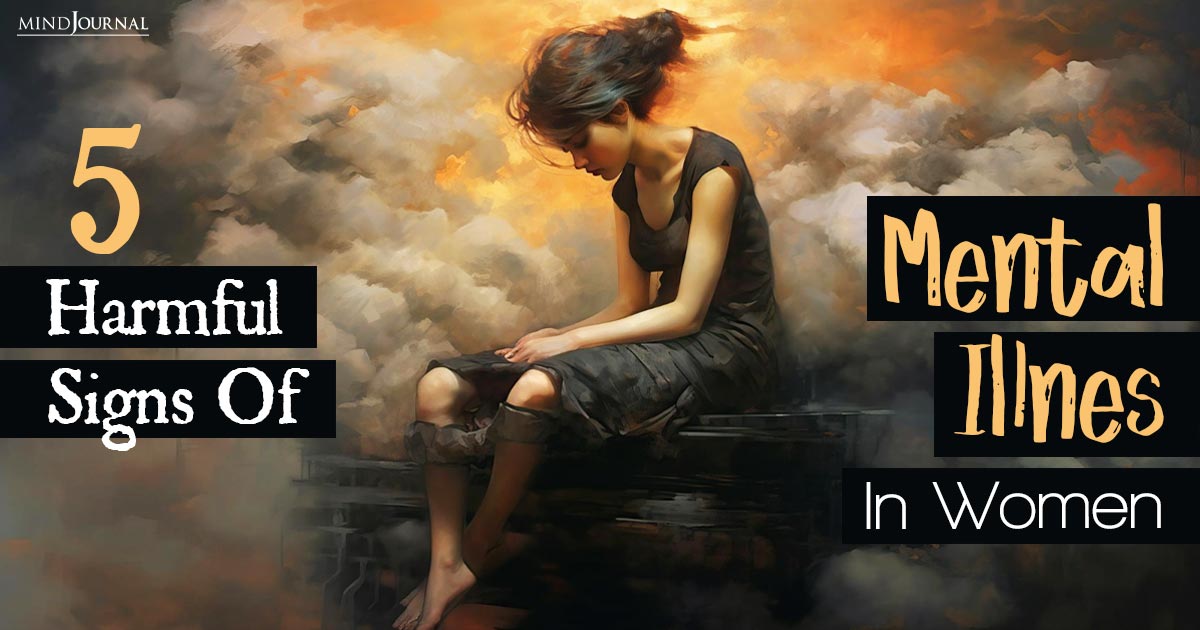
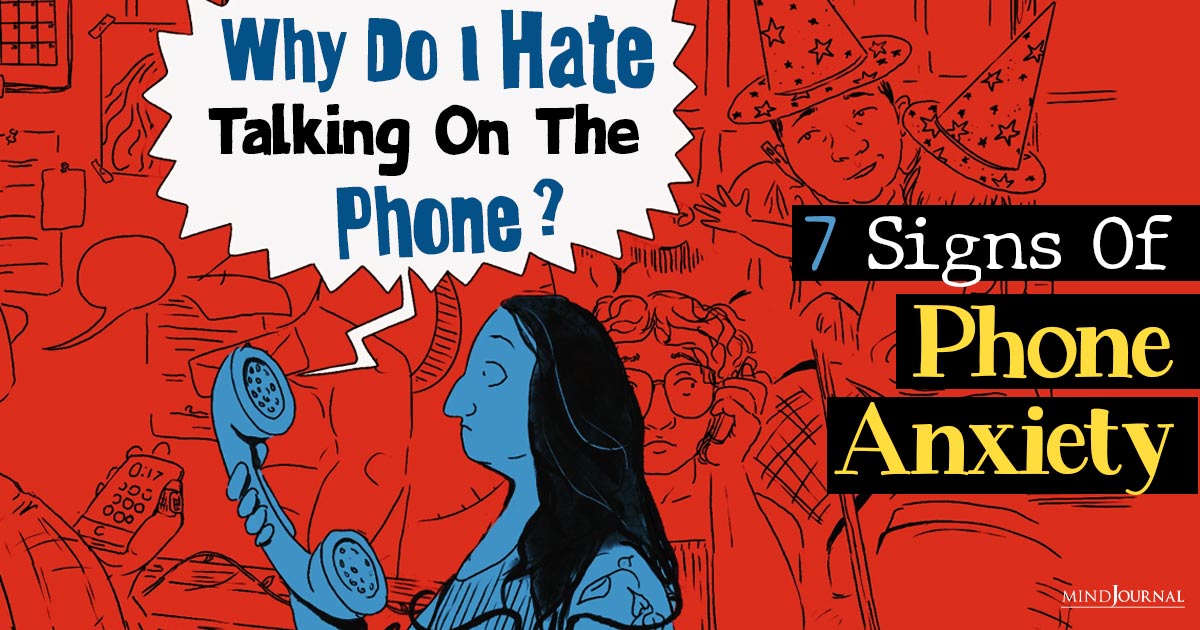
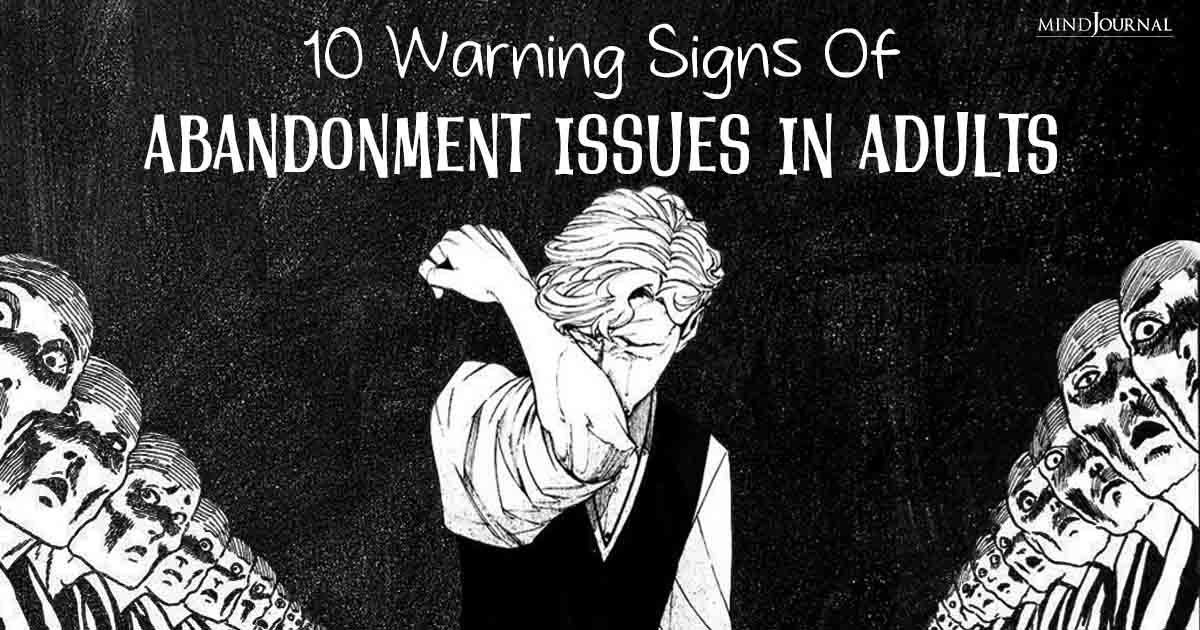
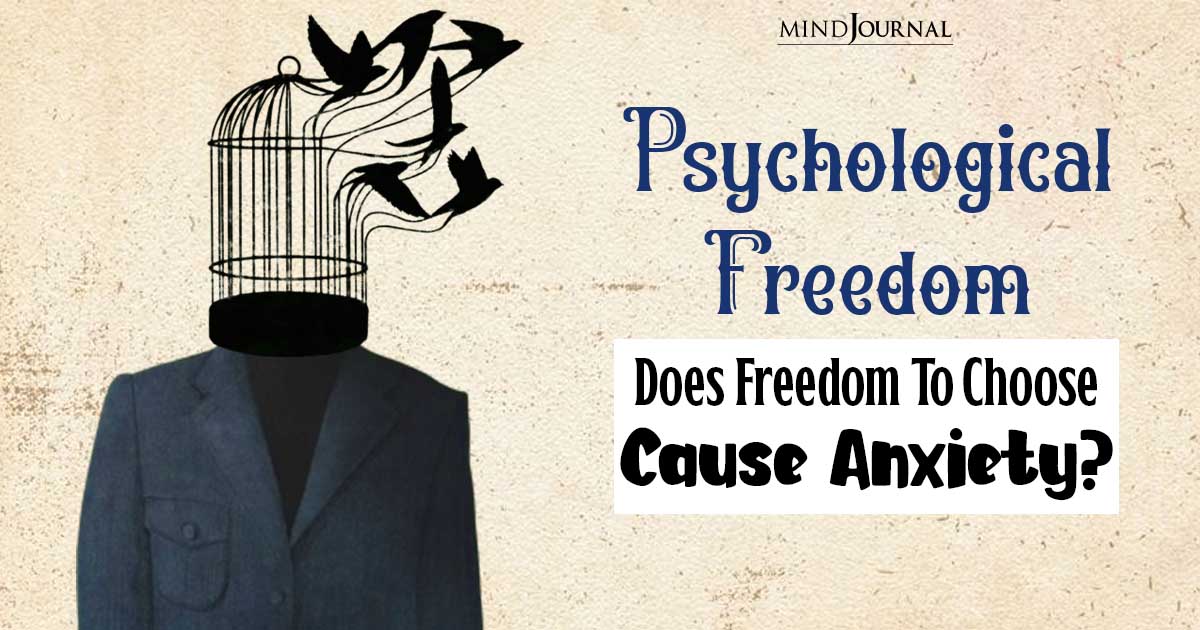
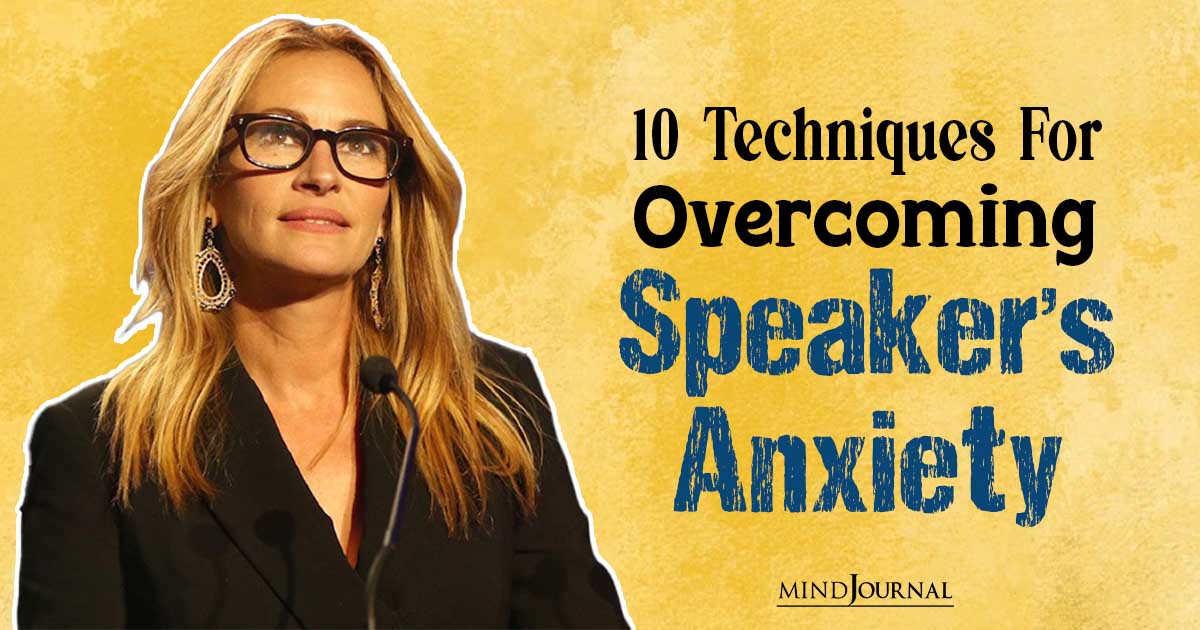

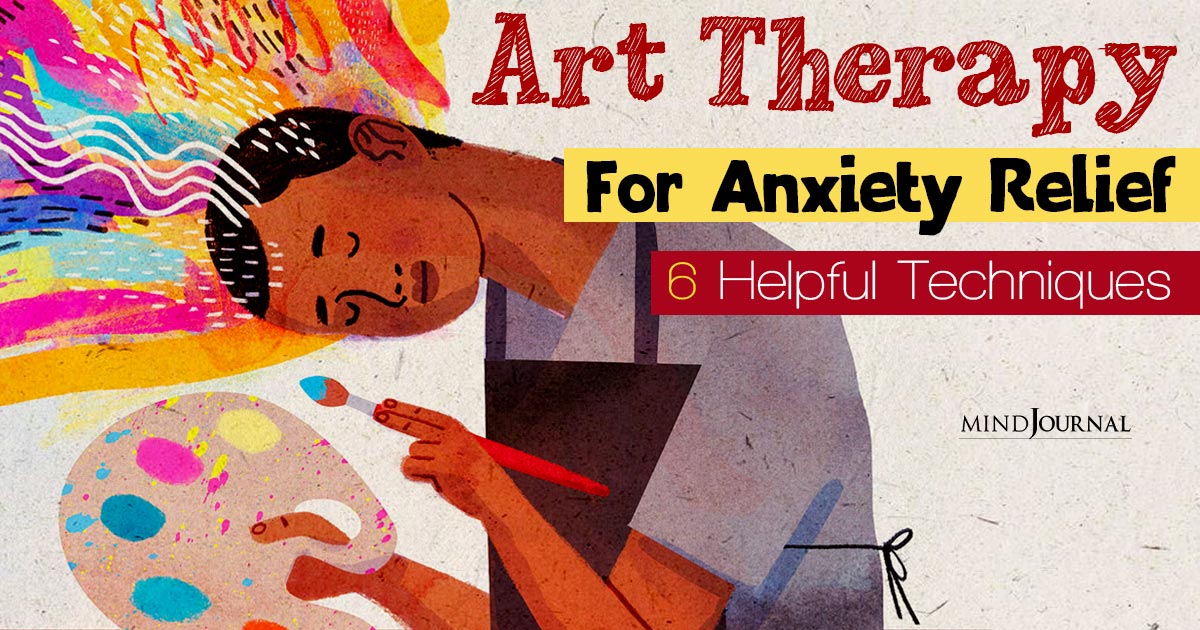

Leave a Reply
You must be logged in to post a comment.